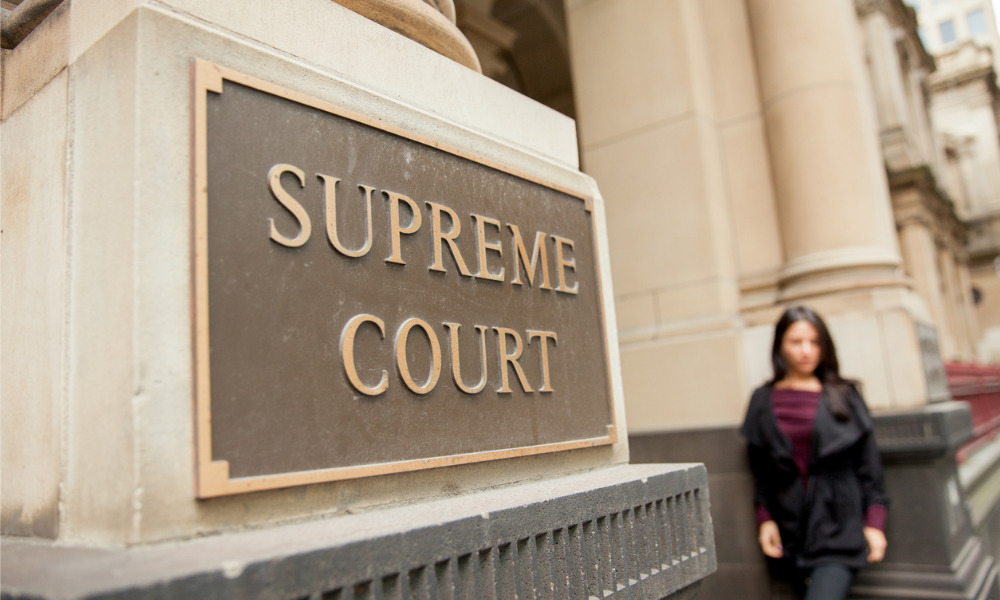
It's a big win for California employers facing lawsuits over workplace violations

The U.S. Supreme Court has ruled that the Federal Arbitration Act (FAA) partly overrides California’s Private Attorneys General Act (PAGA), which allows employees to sue over workplace violations on behalf of the state, even if they had agreed to resolve their disputes through individual arbitration.
In an 8-1 ruling, the Supreme Court said that PAGA doesn't permit employees to circumvent agreements to bring legal disputes in individual arbitration rather than court. The decision overturns a 2014 California Supreme Court ruling that allows PAGA to circumvent such agreements. In Iskanian v. CLS Transp. Los Angeles LLC, it was ruled that a worker's PAGA suit isn’t subject to their arbitration agreement because they litigate as a proxy for the state, which can't be required to comply with an arbitration procedure it didn't sign on to, according to Law360.
Read more: Employers can’t use arbitration as shield against liability
This most recent case involves former Viking River Cruises Inc. sales representative Angie Moriana, who sued in 2018 on behalf of hundreds of workers over alleged violations of several provisions of California’s wage-and-hour laws. Moriana waived her right to bring such a suit when she signed an agreement with the company, but avoided arbitration by bringing a claim under PAGA.
The case came before the Supreme Court after a California appellate panel in September 2020 said that the Iskanian rule prevented Viking River from pushing Moriana's PAGA claim into arbitration. The panel upheld a Los Angeles County trial judge's order that denied the company's motion to compel arbitration. The California Supreme Court denied Viking River's petition for review in December 2020.
The high court has a history of overruling judges in California who refused to uphold arbitration clauses, The Los Angeles Times reported. However, the Supreme Court said on Wednesday that the FAA doesn’t override PAGA’s ban on wholesale waivers of rights under the law.
Uber, Postmates, the U.S. Chamber of Commerce and other business groups have petitioned the Supreme Court to end PAGA. Meanwhile, proponents of the state law, such as the California attorney general, argue it gives workers the ability to hold employers accountable. PAGA allows individuals to sue on behalf of similarly situated people who work for the same employer: California collects 75% of any penalties collected and aggrieved workers get the remaining 25%.
The state earned $88 million in penalties in 2019 from PAGA claims, according to Bloomberg Law.
In 2004, the California Legislature adopted PAGA as an alternative to arbitration. Lawmakers argued that the state’s labor laws were going unenforced, even when workers were cheated out of their wages. They said the state didn’t have enough staff of to police industries where “labor law violations are the most rampant, including agriculture, garment, construction, car wash, and restaurants,” The Los Angeles Times reported.